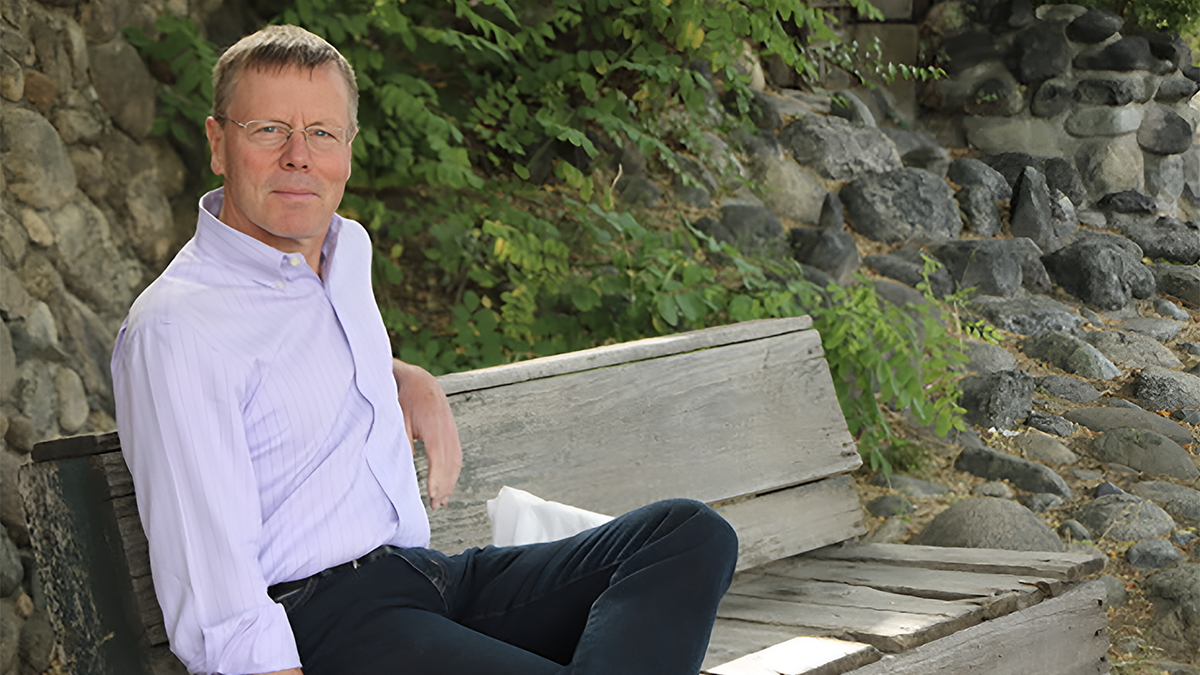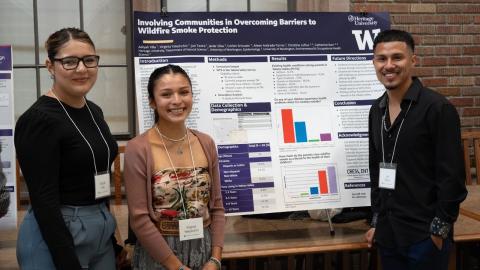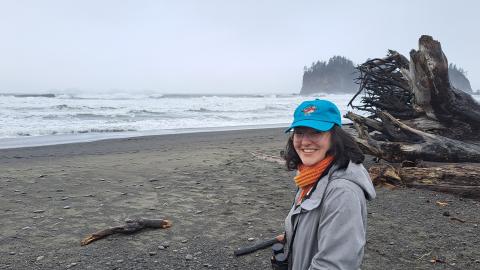Our community mourns the loss of Steven Gilbert, a renowned toxicologist, extraordinary science communicator and tireless advocate for a healthier world. As an affiliate professor in the UW Department of Environmental & Occupational Health Sciences (DEOHS) since 1990, Gilbert was a cherished collaborator, instructor, mentor and friend. Gilbert died on July 15 after a long struggle with Parkinson’s disease.
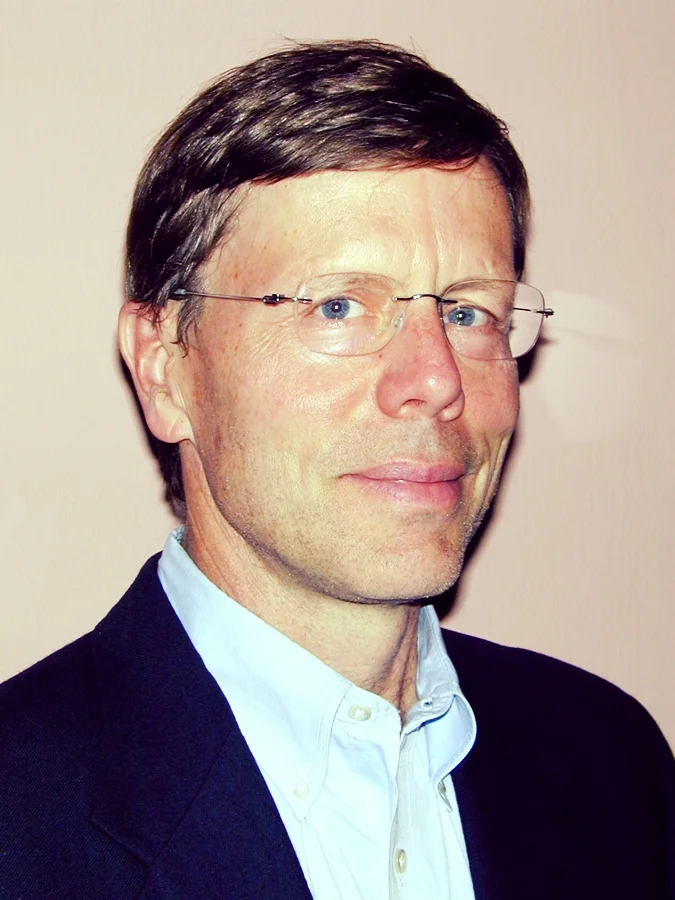
As a toxicologist for Health Canada, at the UW, and later at the Institute for Neurotoxicology and Neurological Disorders, which he founded, Gilbert investigated how heavy metal exposure impacts cognitive development. But his work didn’t end there: he was deeply dedicated to engaging with the public about toxicology and advocating for stronger public health policy.
His life was “characterized by a passion for science, an unwavering dedication to advancing children’s environmental health, and most of all, a safe and healthy world,” said DEOHS Professor Emeritus Terry Kavanagh.
“He had a unique ability to communicate the principles of environmental health to everyone, and was an inspiration to those interested in advancing world peace and security. He will be sorely missed by all who were fortunate enough to know him and to have him as a mentor, colleague and friend.”
A "scientist of the people"
When DEOHS Professor Emeritus Thomas Burbacher first met Gilbert, who was then a scientist at Health Canada, he was so impressed that he asked Gilbert to work with him on a grant he had just been awarded.
That collaboration, which assessed the effects of prenatal exposure to methylmercury on the developing brain, began Gilbert’s long association with DEOHS.
“Steve’s vast knowledge of neurotoxicology and computer technology was essential for the success of the projects,” Burbacher said.
Gilbert also taught undergraduate and graduate courses, mentored students and staff, and was a crucial part of the department’s community engagement efforts. He directed the Community Outreach and Education Core in the UW Center for Ecogenetics and Environmental Health (now known as the EDGE Center) and assisted with community outreach in the UW Superfund Research Program.
“Steve was a scientist of the people. He provided a trusted voice to Washington communities affected by chemical exposures,” said Kim Grant, a senior research scientist in DEOHS. “Steve was a tireless advocate for environmental justice, and as his friend and colleague, I will miss his intellect, humor and kindness.”
Teaching and award-winning communication
When Gilbert gave short courses in toxicology in DEOHS, Gerald van Belle, professor emeritus and former DEOHS chair, would introduce him by telling participants they were in for “a small dose of toxicology.”
Gilbert emphasized the “precautionary principle,” advocating for stronger regulations of industrial chemicals and contaminants to protect health, assuming the pollutants are “guilty until proven innocent.”
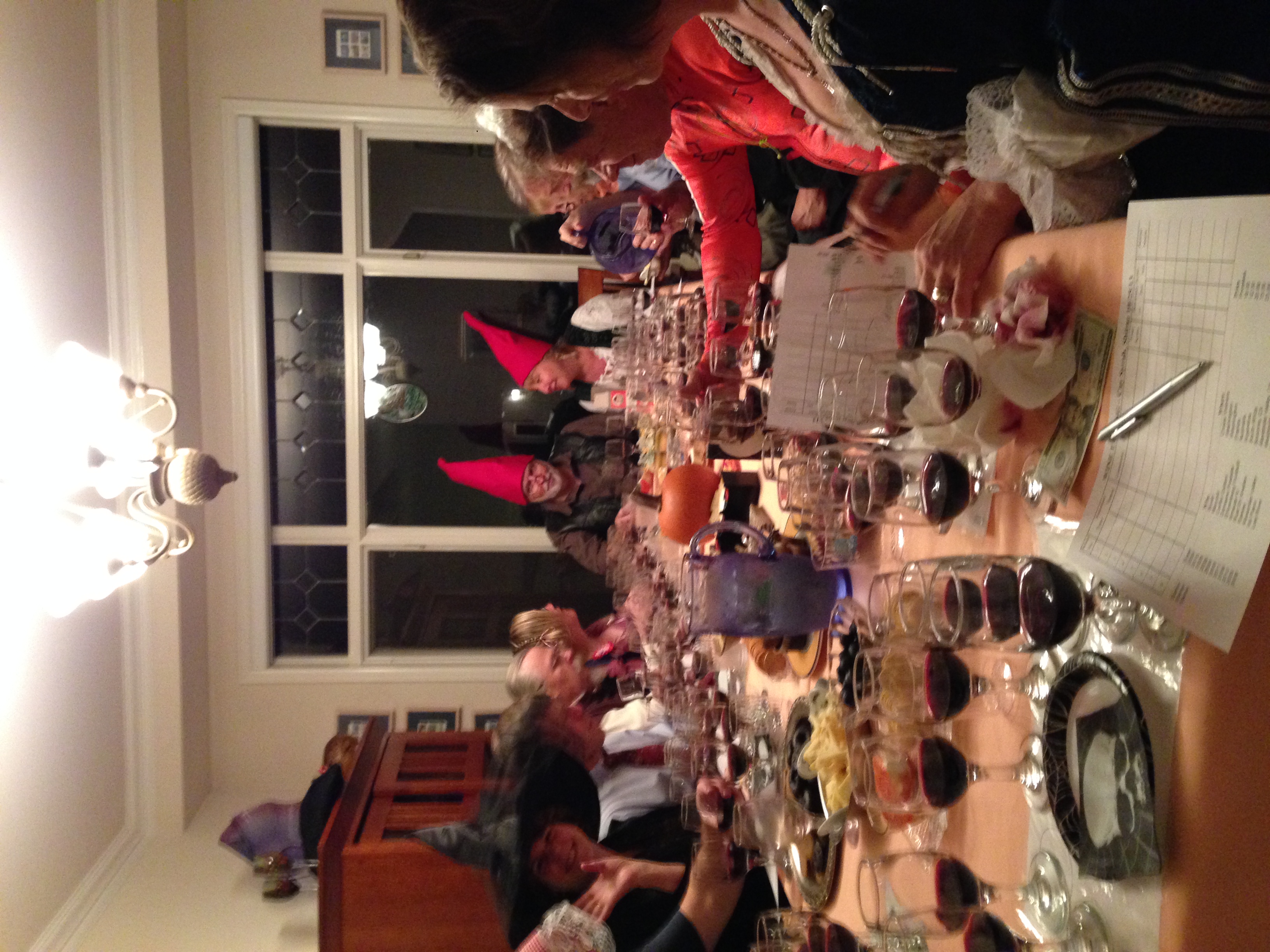
But he also had a lighthearted, engaging delivery; van Belle recalled him paraphrasing Paraclesus, often called the father of toxicology, with a dash of James Carville, saying, “It’s the dose, stupid.”
Later, Gilbert adopted van Belle’s description as the title of his 2004 book, A Small Dose of Toxicology: The Health Effects of Common Chemicals. The book made the health risks of toxic chemicals accessible to general audiences worldwide. It was translated into Spanish, German, Arabic and Chinese, and is freely available on Gilbert’s website, a central hub for resources about environmental health called Toxipedia.
“Steve was well ahead of the crowd with his interest in making science understandable to the layperson, and his book demonstrated his strong commitment to this task,” Burbacher said.
Gilbert also developed two interactive posters, Milestones in Toxicology and Women Peacemakers – A Global Selection, which are freely available in 20 languages on Toxipedia.
In 2016, Gilbert won the Public Communications Award from the Society of Toxicology for his exceptional efforts to communicate toxicology with the public.
“He approached toxicology with expertise, dedication and innovative creativity,” said DEOHS Professor Elaine Faustman.
Making friends and wine
Not long after Gilbert joined the department, he met Janice Camp, who led the Field Research and Consultation Group in DEOHS and is now a principal lecturer emeritus.
As DEOHS Professor Emeritus David Eaton put it, theirs was “a wonderful friendship that blossomed into a lifelong commitment of love and caring for each other.” The couple married and their partnership lasted 30 years.
Eaton and many others in the department, including former staff member Pat Janssen, joined the couple in their “winemakers” and “winetasters” groups through the years.
“I had great admiration for his integrity and strong convictions, as well as his valuable contributions to our field,” Janssen said.
Mentoring the next generation
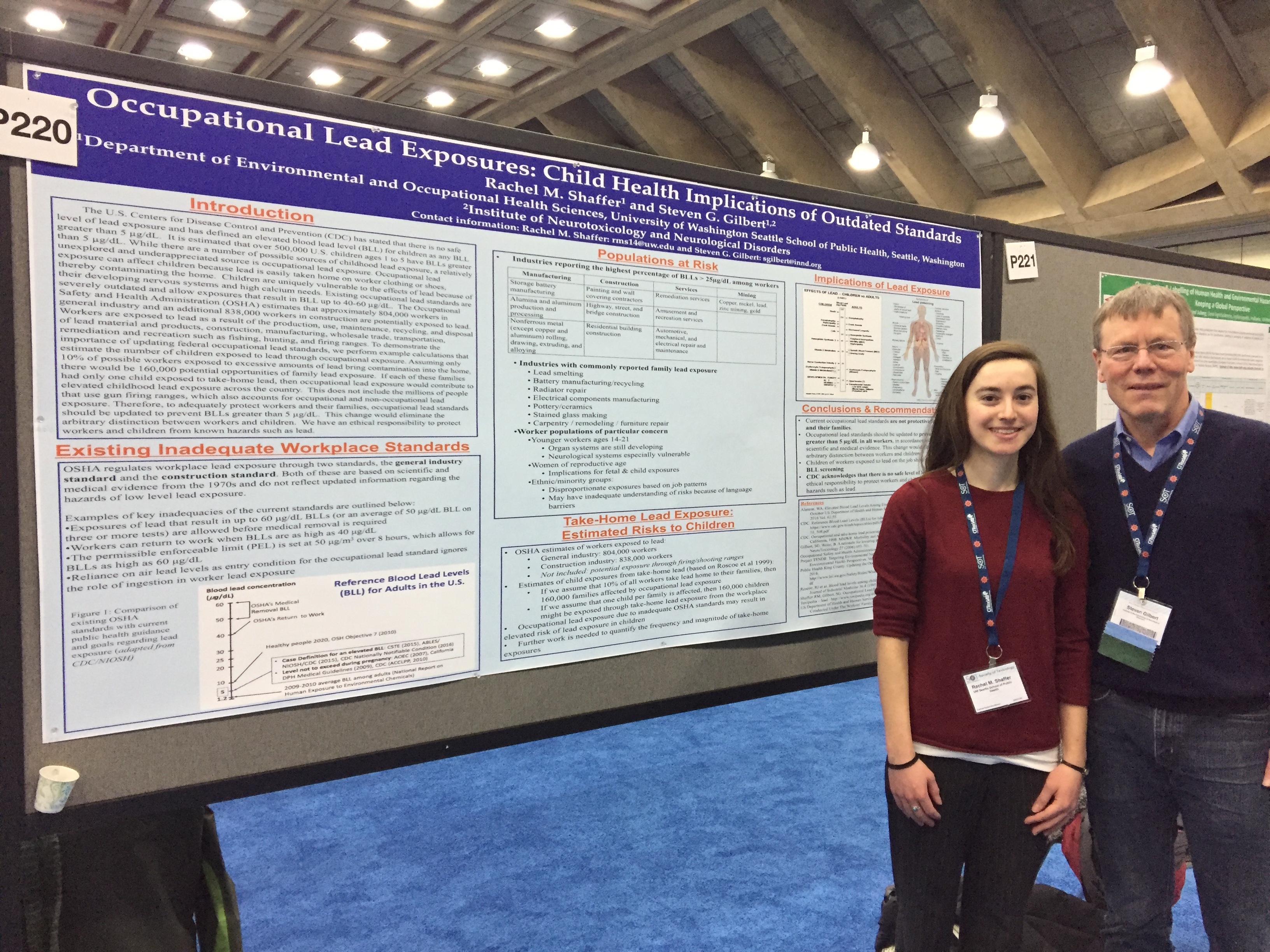
Rachel Shaffer, a health scientist at the U.S. Environmental Protection Agency and a DEOHS affiliate assistant professor and alumna (MPH and PhD), first met Gilbert when he gave a lecture at the EPA in North Carolina.
She immediately felt a kinship: “We were interested not only in the science, but in the real-world applications of policy to improve public health,” she said.
When Shaffer moved to Seattle to begin her PhD in DEOHS, Gilbert became a mentor for her. The two collaborated on an op-ed about the occupational lead standard in Washington state, and also provided public comments and published a paper on the issue. Later, they developed another op-ed on lead in aviation fuel.
As Kavanagh recalled, Gilbert testified in Olympia as an advisor and concerned citizen on many other issues including pesticide exposure for farmworkers, lead in drinking water, mercury emissions from coal-fired power plants and the health risks of flame retardants. He also advised many community-based organizations, including the Washington Toxics Coalition, the Washington Physicians for Social Responsibility and the Healthy Homes Initiative.
“Steve had a boldness that was so rare in academia. He wasn't afraid to wade into policy as long as he was speaking from the science. That was so inspiring,” Shaffer said. “He really lived out his values in all dimensions of his life, trying to push for a better world.”
Persevering through illness
After Gilbert was diagnosed with Parkinson’s disease, he continued to pursue his research and communication efforts while being open about his challenges with the condition.
As the disease progressed, Eaton said, Gilbert was frustrated by both his tremors and the medications he took to control them. Then Gilbert pursued a new surgical technique at UW Medicine at the recommendation of Norm Beauchamp, then chair of UW Radiology and a friend in the winemakers group.
When he saw Gilbert for the first time after the surgery, Eaton recalled, “He walked, straight as a board, right up to me, stuck out his hand, and said, ‘Great to see you, Dave!’”
“His smile was broad, his voice clear as a bell, and not a quiver in his hand. I literally started crying—it was an absolute miracle! While we both knew it was not a ‘cure,’ it gave him some really great years that allowed all of us to enjoy his and Janice’s company as we continued to make wine, drink it and share our lives together.”
“Steve will continue to inspire us, as his scientific friends and colleagues, and I know that through his legacy he will inspire new scientists and our public communities going forward,” Faustman said.
